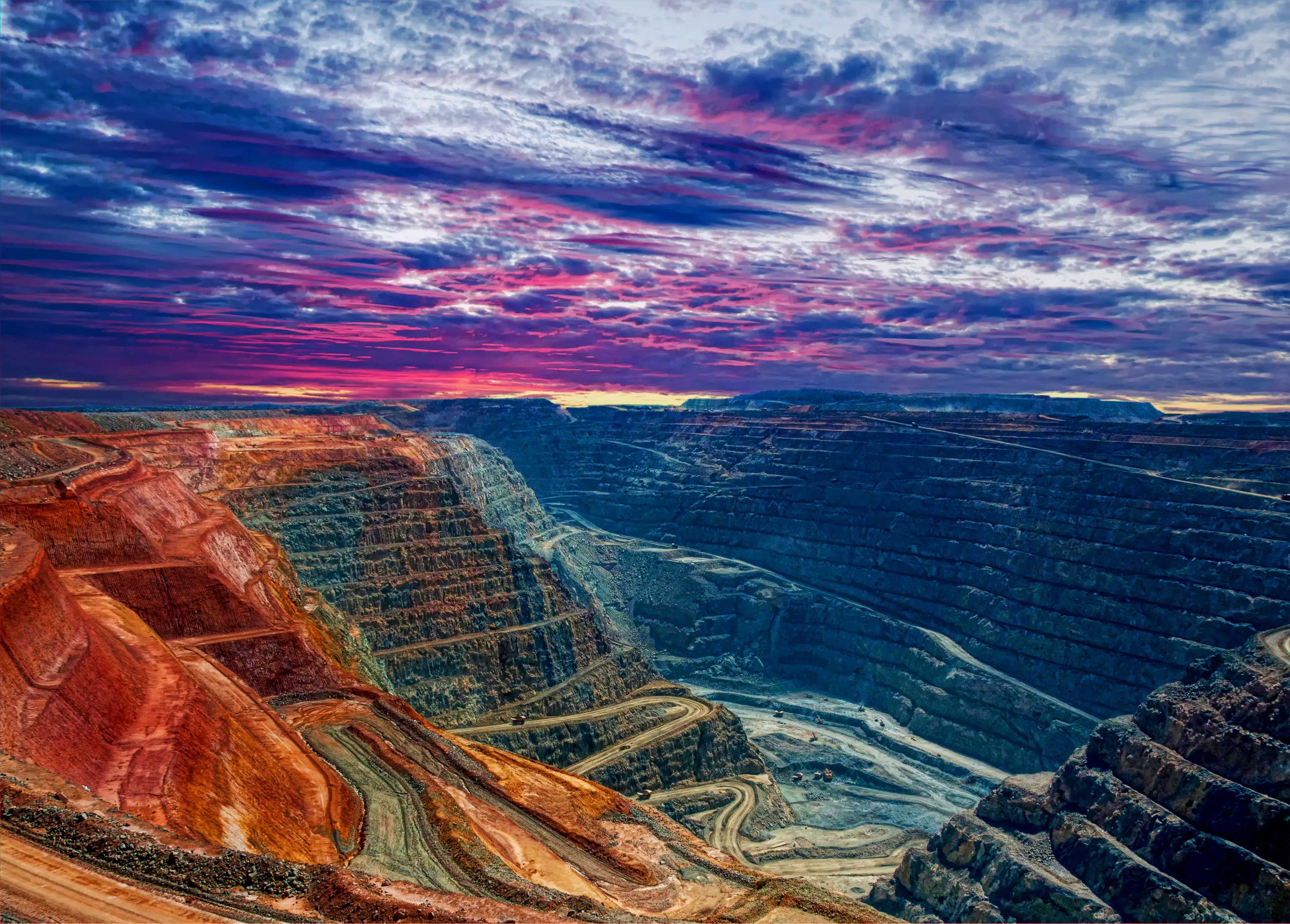6-Day Adventure & Nightlife Exploration with Friends in Western Australia
Western Australia, Australia
6 days
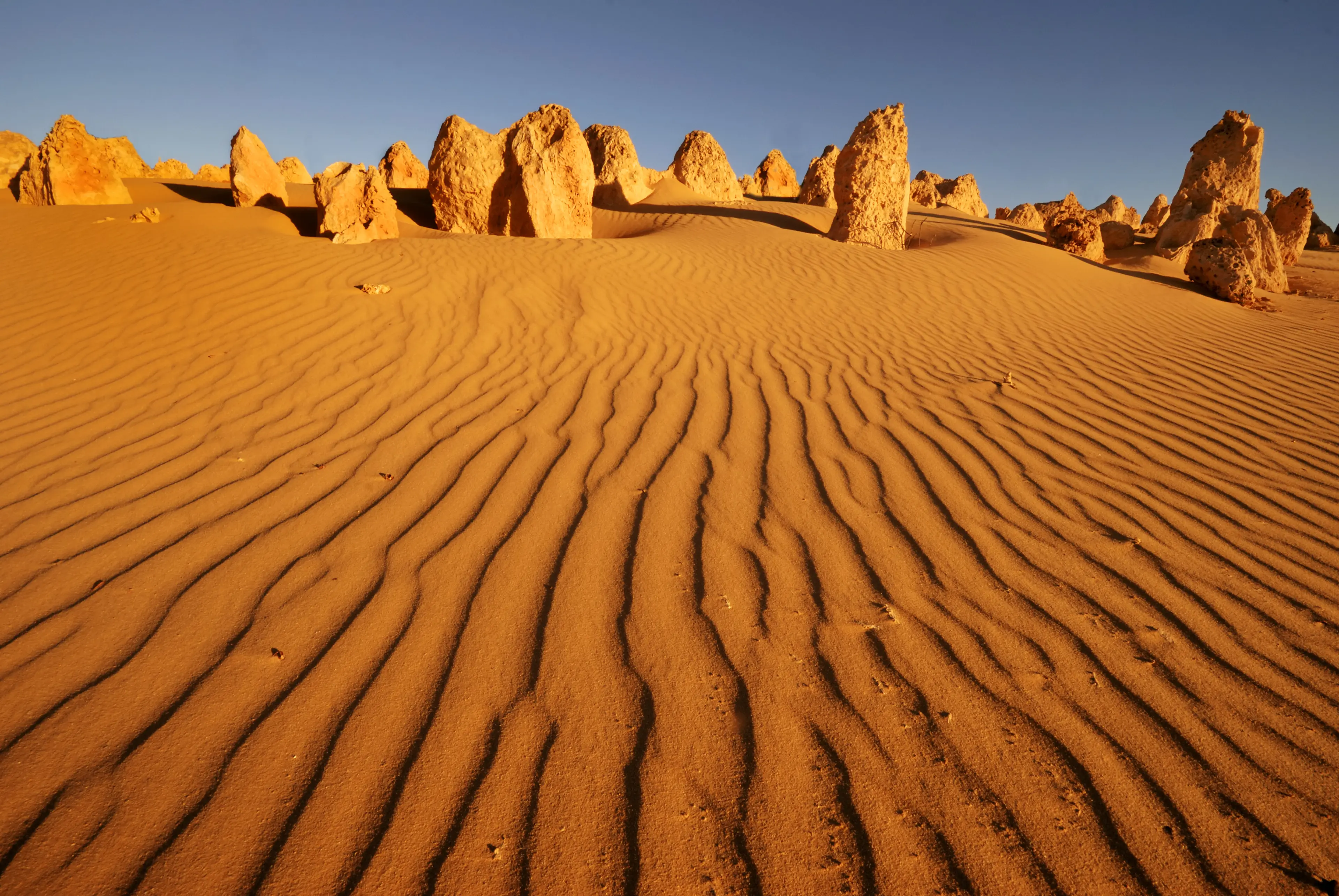
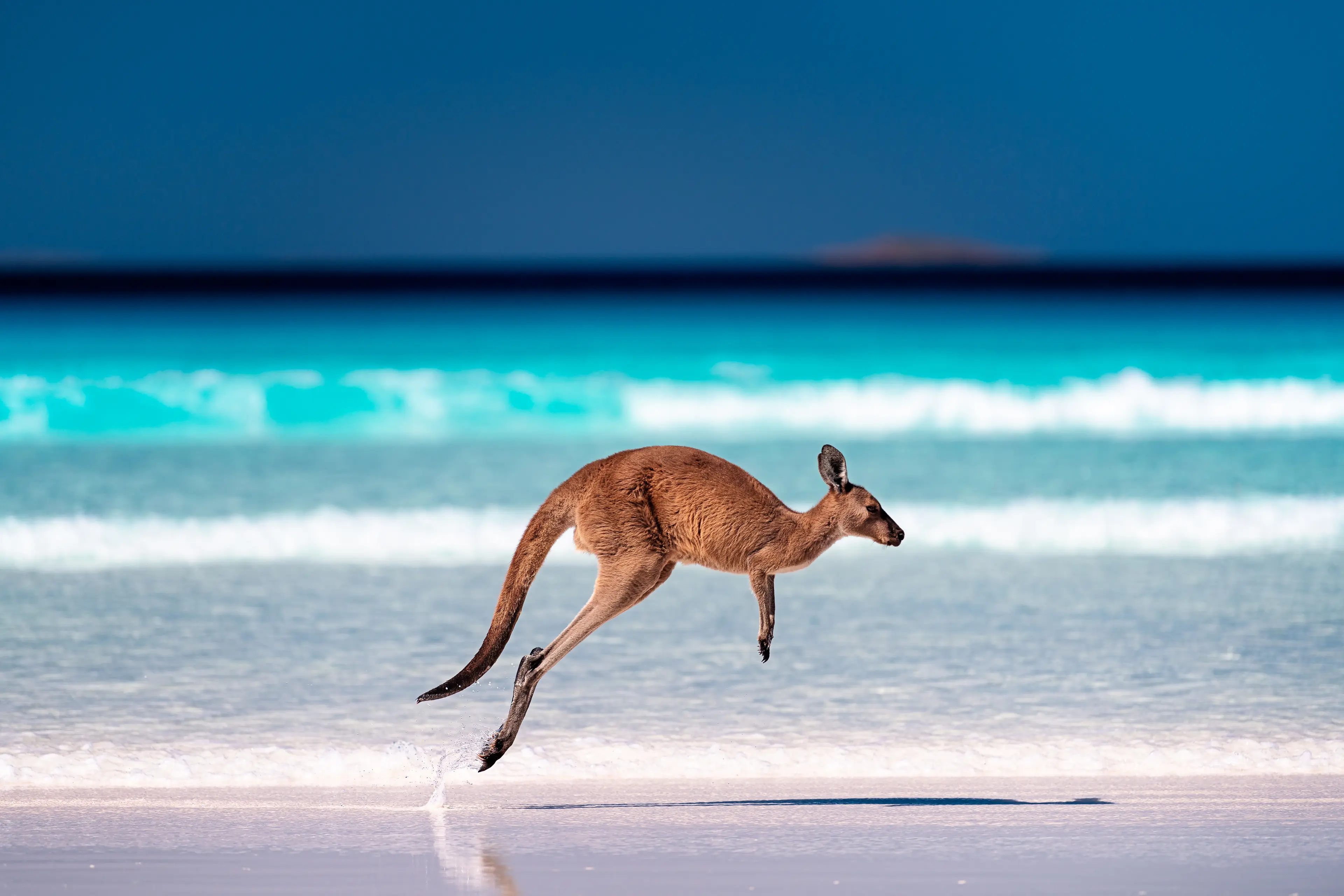

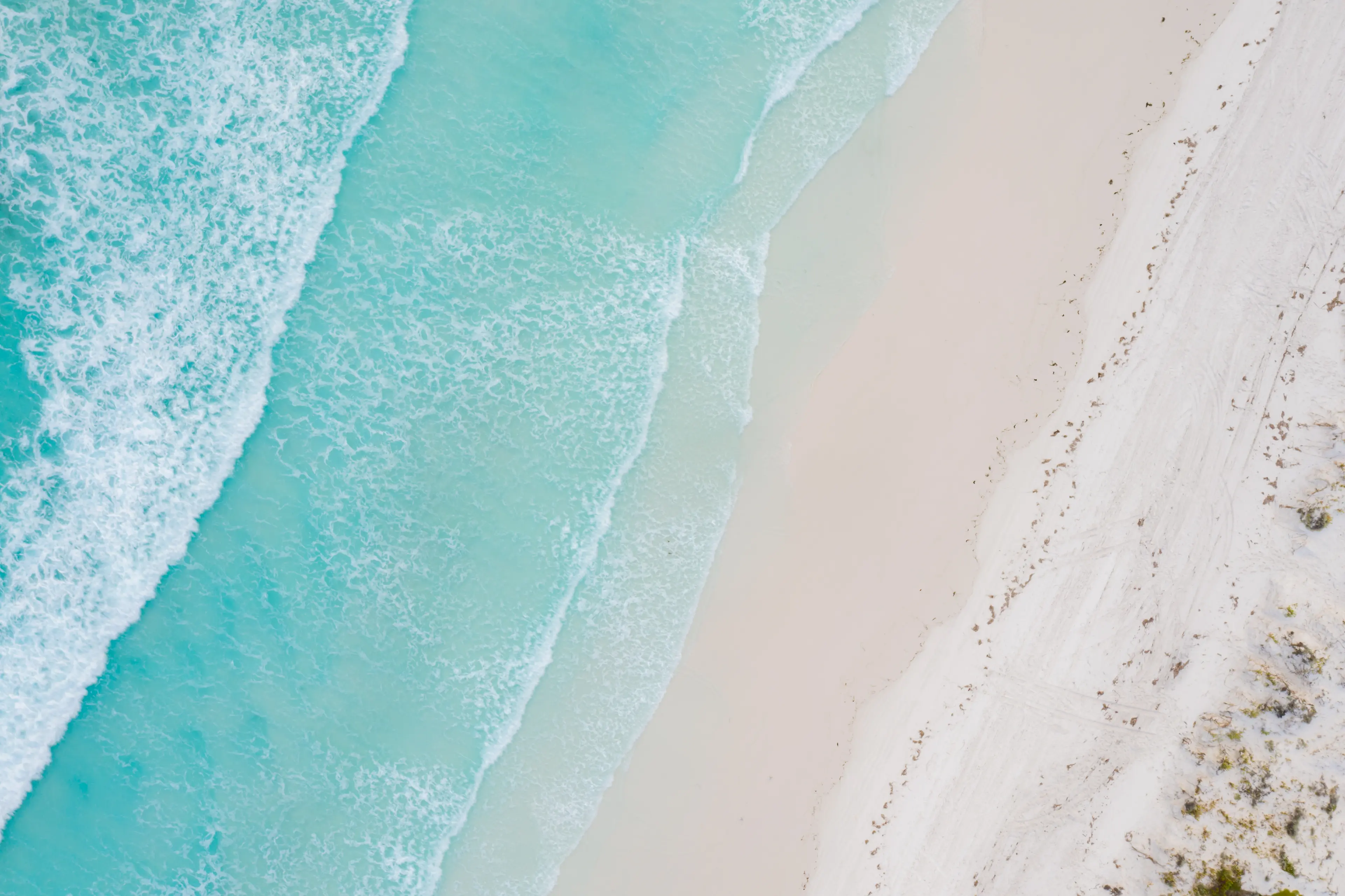
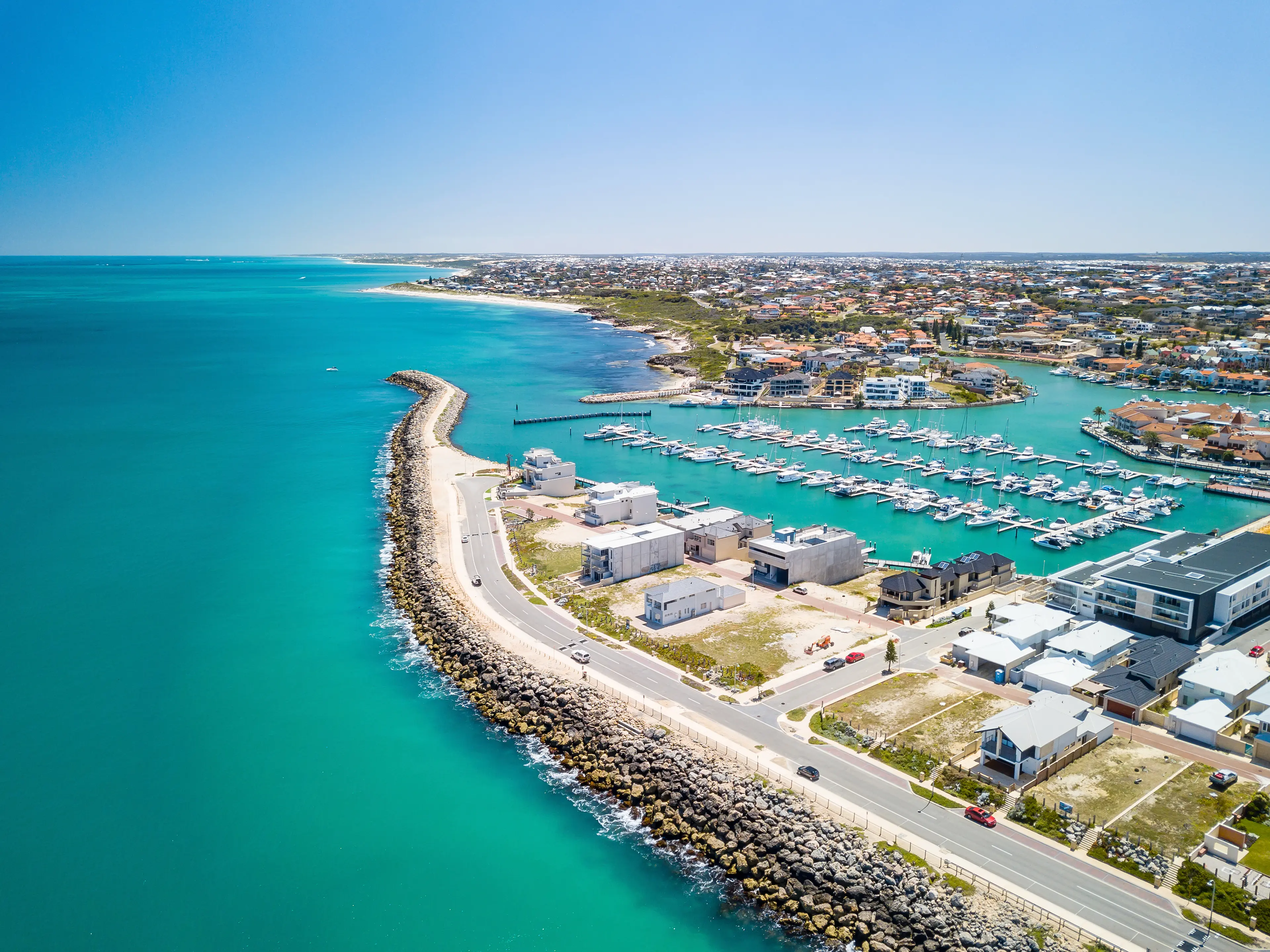
About Western Australia, Australia
Experience the vast beauty of Western Australia, a region filled with stunning landscapes, unique wildlife, and vibrant cities. Start your journey in Perth, a city known for its stunning beaches, sprawling Kings Park, and Swan Valley wineries. Venture further to explore the ancient Pinnacles Desert, the underwater wonders of Ningaloo Reef, and the dramatic gorges of Karijini National Park. Don't miss the iconic Wave Rock and the picturesque Margaret River region, renowned for its premium wines, world-class surf, and culinary delights. For a unique experience, visit the historic gold rush town of Kalgoorlie or the extraordinary pink Lake Hillier. Western Australia offers a diverse range of experiences, from exploring indigenous culture to enjoying the laid-back beach lifestyle. Whether you're an adventurer, a nature lover, or a foodie, Western Australia has something for everyone.
6-Day Itinerary
Day 2
Journey to the Pinnacles Desert and Geraldton
Morning
Drive to the Pinnacles Desert in Nambung National Park. The desert is known for its unique limestone formations.
Lunch
Have a picnic lunch in the park. Don't forget to bring plenty of water and sun protection.
Afternoon
Continue your journey to the coastal town of Geraldton. Visit the HMAS Sydney II Memorial and enjoy the stunning views of the Indian Ocean.
Dinner
Enjoy a dinner at a local restaurant. Geraldton is known for its fresh seafood, especially the Western Rock Lobster.
Evening
Relax at a local pub and enjoy the laid-back atmosphere of this coastal town.
Day 3
Adventures in Kalbarri National Park
Morning
Drive to Kalbarri National Park. The park is known for its stunning river gorges and coastal cliffs.
Lunch
Have a picnic lunch in the park. Enjoy the stunning views of the Murchison River.
Afternoon
Explore the park's walking trails. Don't miss the chance to visit Nature's Window, a natural rock arch that frames the river below.
Dinner
Back in Geraldton, enjoy a dinner at a local restaurant. Try the local specialty, Dhufish.
Evening
Relax at a local pub and enjoy the laid-back atmosphere of this coastal town.
Day 4
Discovering Shark Bay and Monkey Mia
Morning
Drive to Shark Bay, a UNESCO World Heritage site. Visit the Stromatolites, the oldest living organisms on earth.
Lunch
Enjoy a picnic lunch at Shell Beach, a beach made entirely of shells.
Afternoon
Visit Monkey Mia, famous for its wild dolphins. You might even get the chance to feed one.
Dinner
Enjoy a dinner at a local restaurant. Try the local specialty, Shark Bay Prawns.
Evening
Relax at a local pub and enjoy the stunning views of the bay.
Day 5
Snorkeling in Ningaloo Reef and Exploring Cape Range National Park
Morning
Drive to Ningaloo Reef, one of the world's largest fringing reefs. Go snorkeling or diving to explore the reef's rich marine life.
Lunch
Enjoy a picnic lunch on the beach. Don't forget to bring plenty of water and sun protection.
Afternoon
Visit the Cape Range National Park. Explore the park's rugged limestone ranges, breathtaking canyons and pristine beaches.
Dinner
Enjoy a dinner at a local restaurant. Try the local specialty, Red Emperor fish.
Evening
Relax at a local pub and enjoy the stunning views of the Indian Ocean.
Day 6
Return to Perth with Stops in Carnarvon and Lancelin
Morning
Drive back to Perth. Stop at the coastal town of Carnarvon, known for its fresh fruits and seafood.
Lunch
Enjoy a lunch at a local restaurant. Try the local specialty, Carnarvon Banana Prawns.
Afternoon
Continue your journey to Perth. Stop at the coastal town of Lancelin, famous for its sand dunes and windsurfing.
Dinner
Back in Perth, enjoy a farewell dinner at a trendy restaurant.
Evening
Spend your last evening in Perth exploring the city's vibrant nightlife. Visit a rooftop bar for a cocktail with a view or dance the night away at a local club.
Attractions in Itinerary (13)

1Kings Park
One of the biggest city parks in the world, offering stunning views of the Swan River and Darling Range.

2Rottnest Island
A beautiful coastal town known for its stunning beaches, crystal clear waters, and unique wildlife, including the adorable quokkas.

3Pinnacles Desert
An otherworldly landscape in Nambung National Park, where thousands of huge limestone pillars rise from the shifting yellow sands.
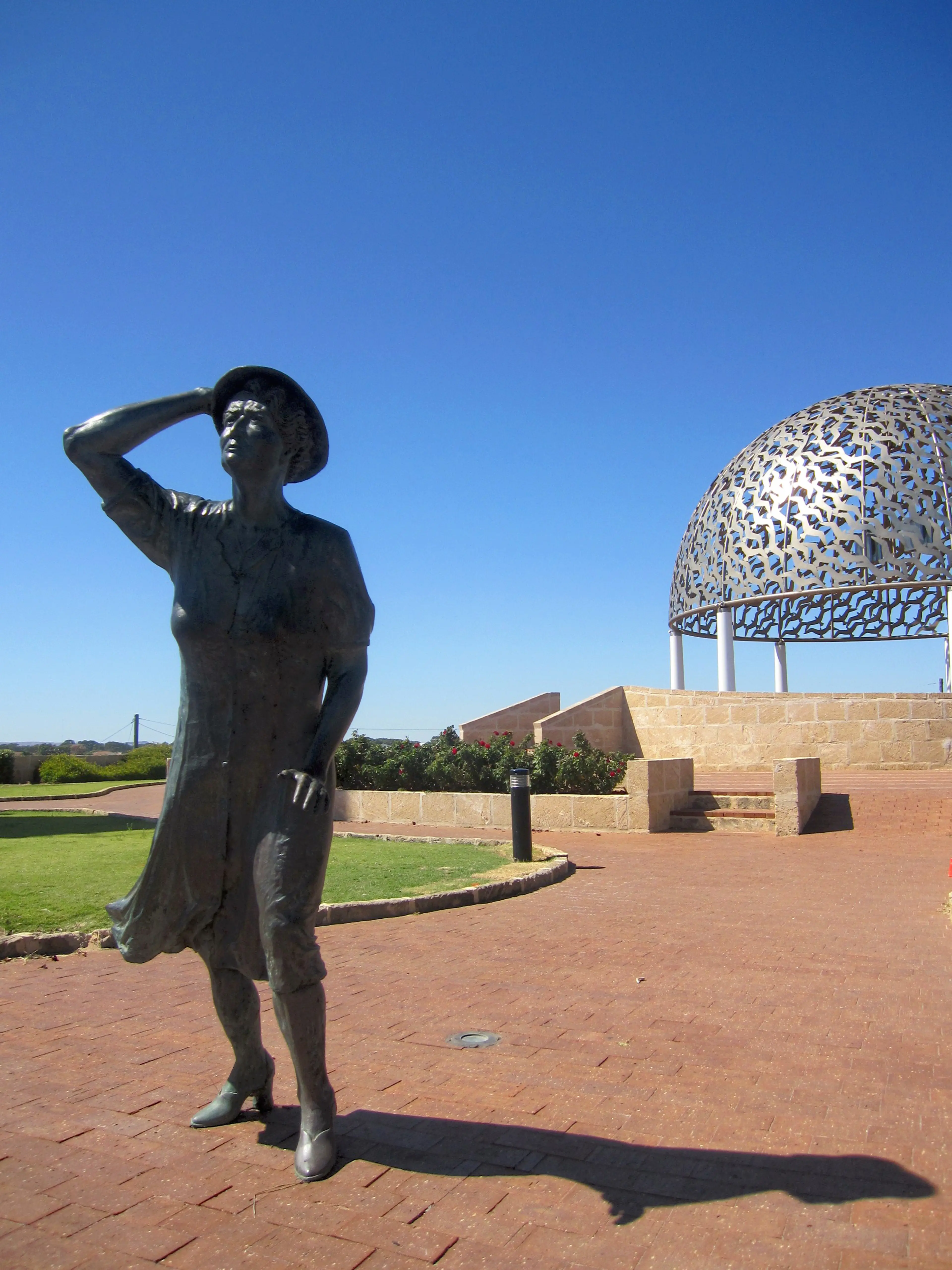
4HMAS Sydney II Memorial
A poignant tribute to the 645 Australian sailors who lost their lives during World War II.

5Kalbarri National Park
A stunning national park known for its dramatic gorges, river formations, and diverse wildlife.
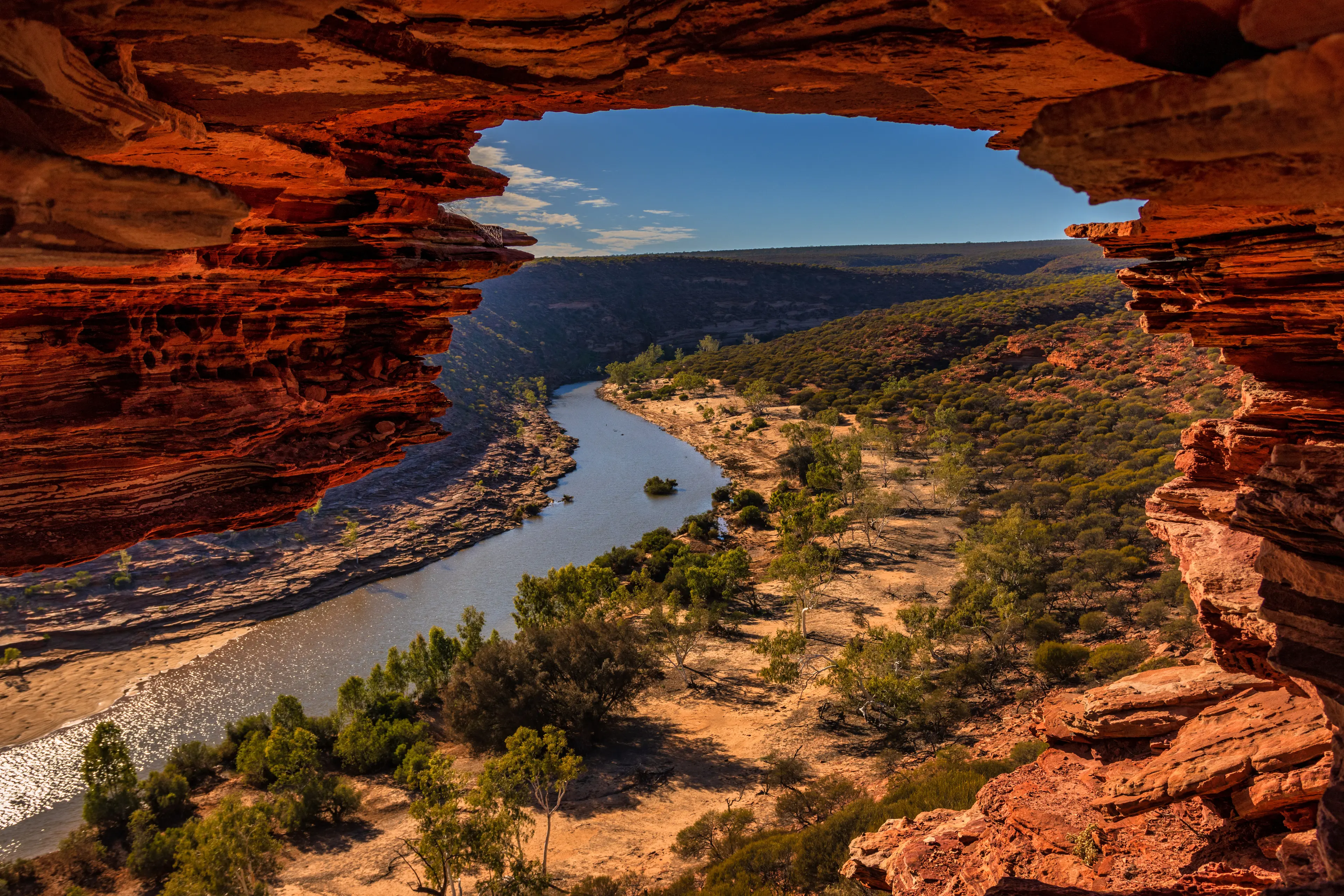
6Nature's Window
A natural rock formation that frames the Murchison River gorge, offering stunning views.
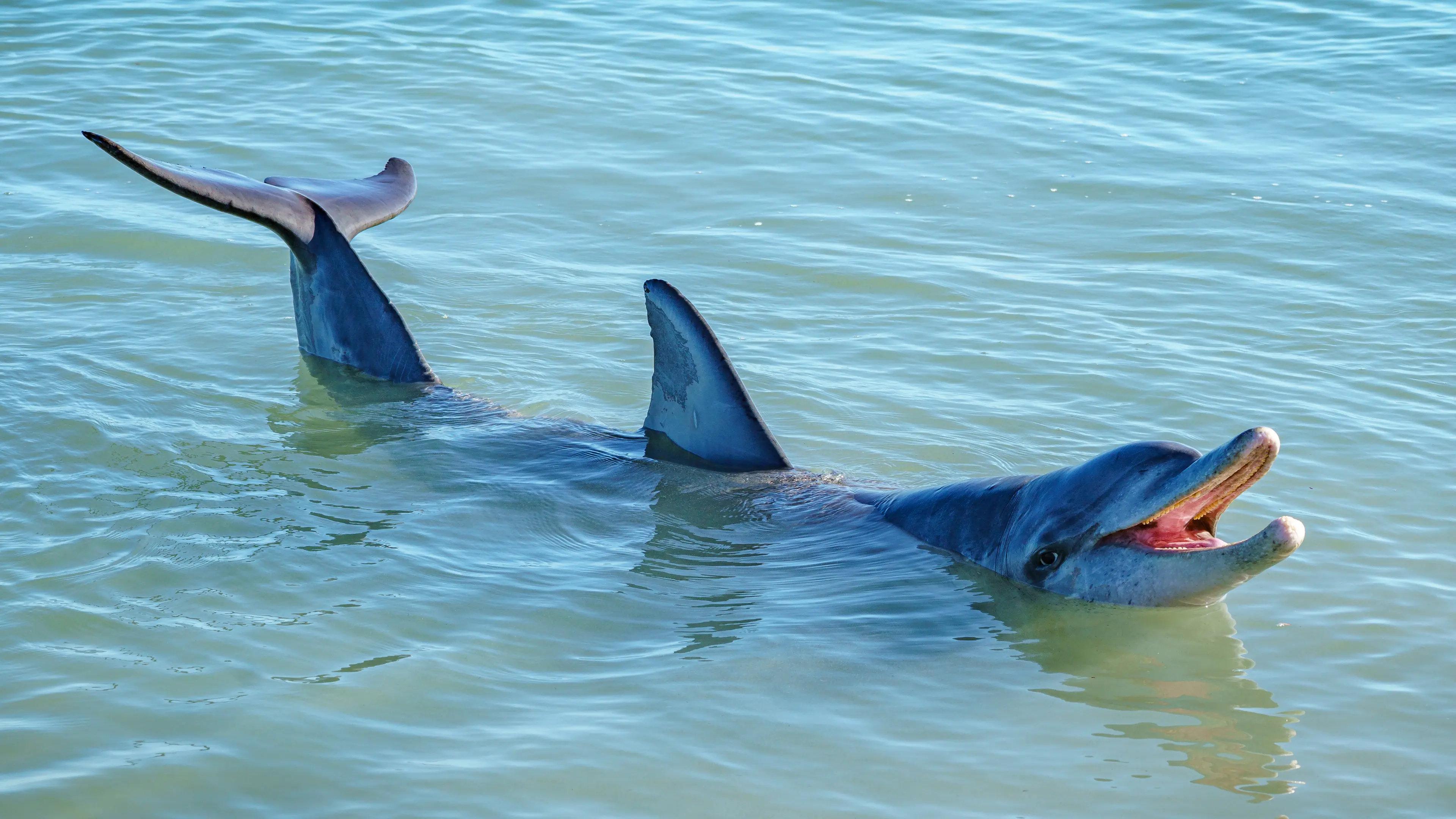
7Shark Bay
A World Heritage Site known for its rich marine life, including dolphins, dugongs, and sharks.
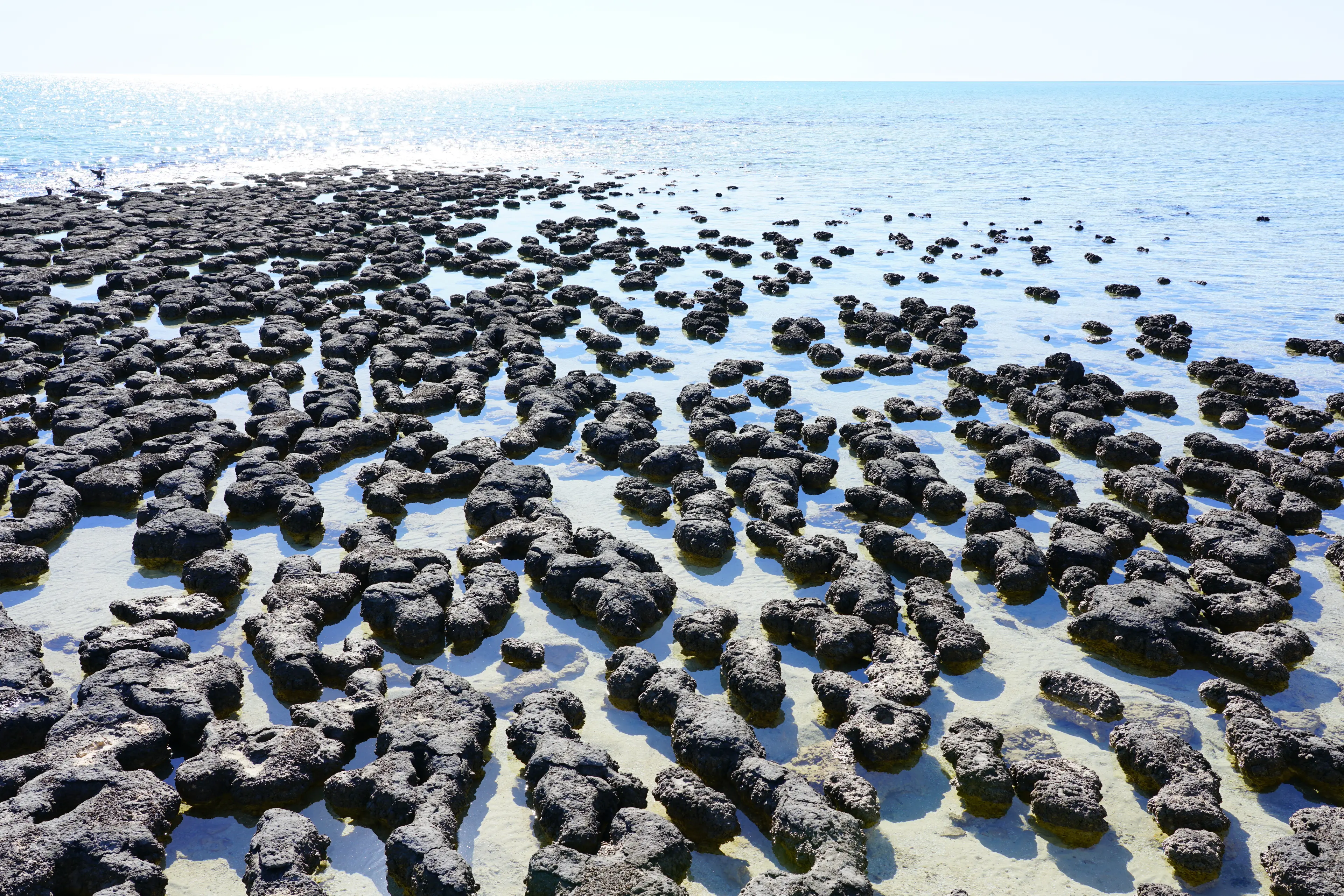
8Stromatolites
Ancient rock-like structures created by microorganisms, some of the oldest forms of life on Earth.
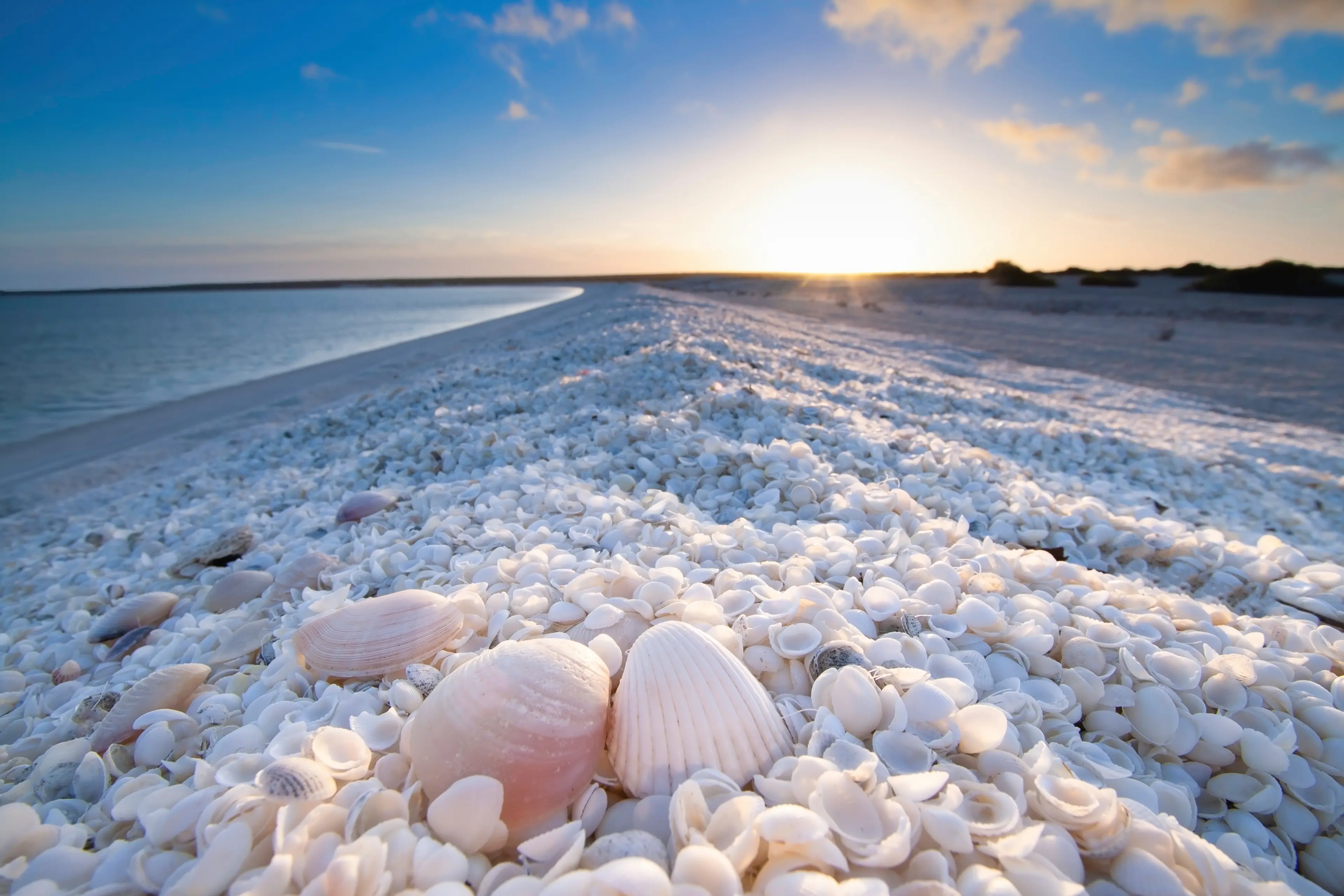
9Shell Beach
A unique beach entirely made up of millions of tiny shells, up to 10 meters deep in some places.
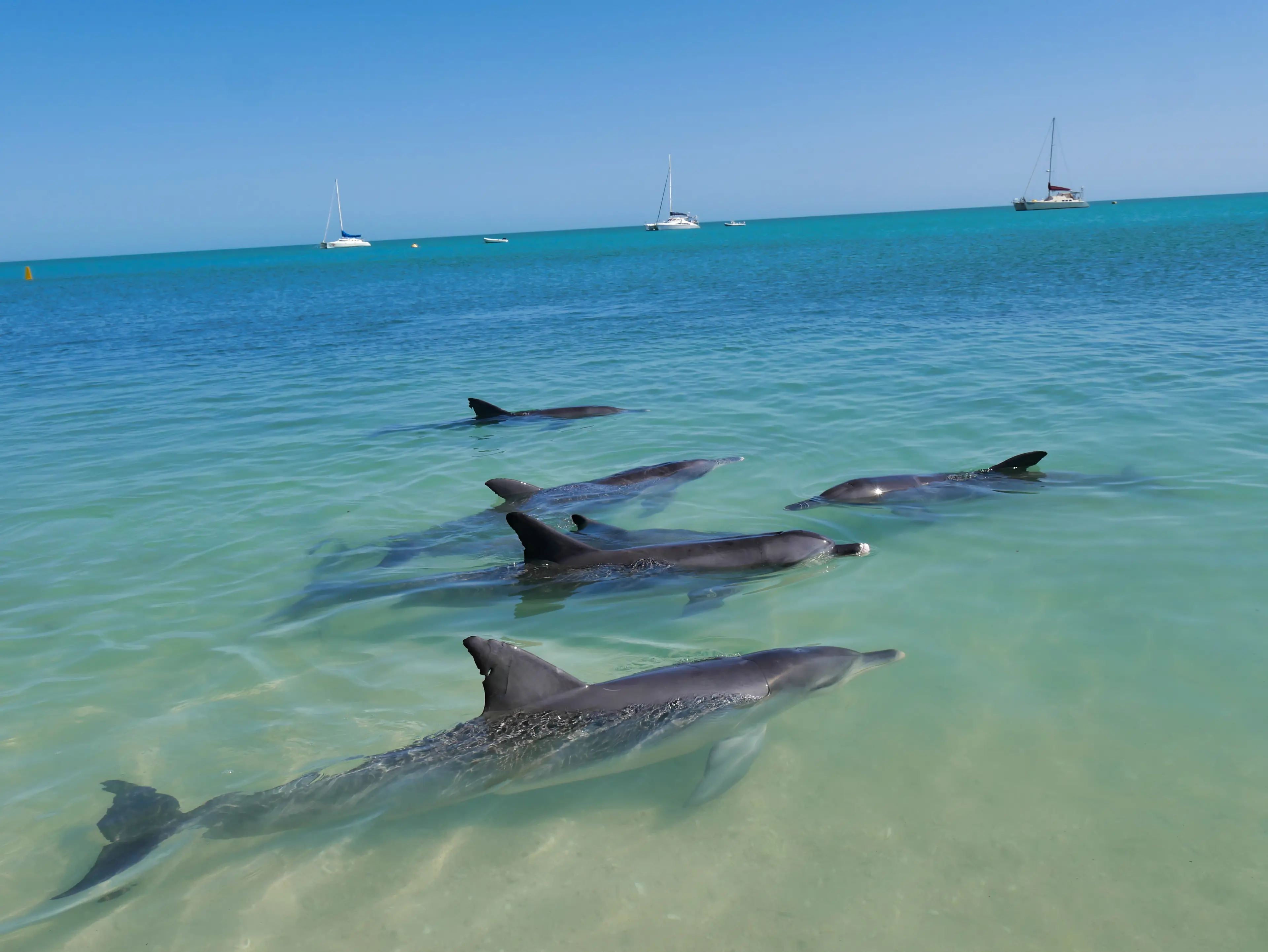
10Monkey Mia
Famous for its wild dolphin feeding, Monkey Mia is a popular destination for tourists.
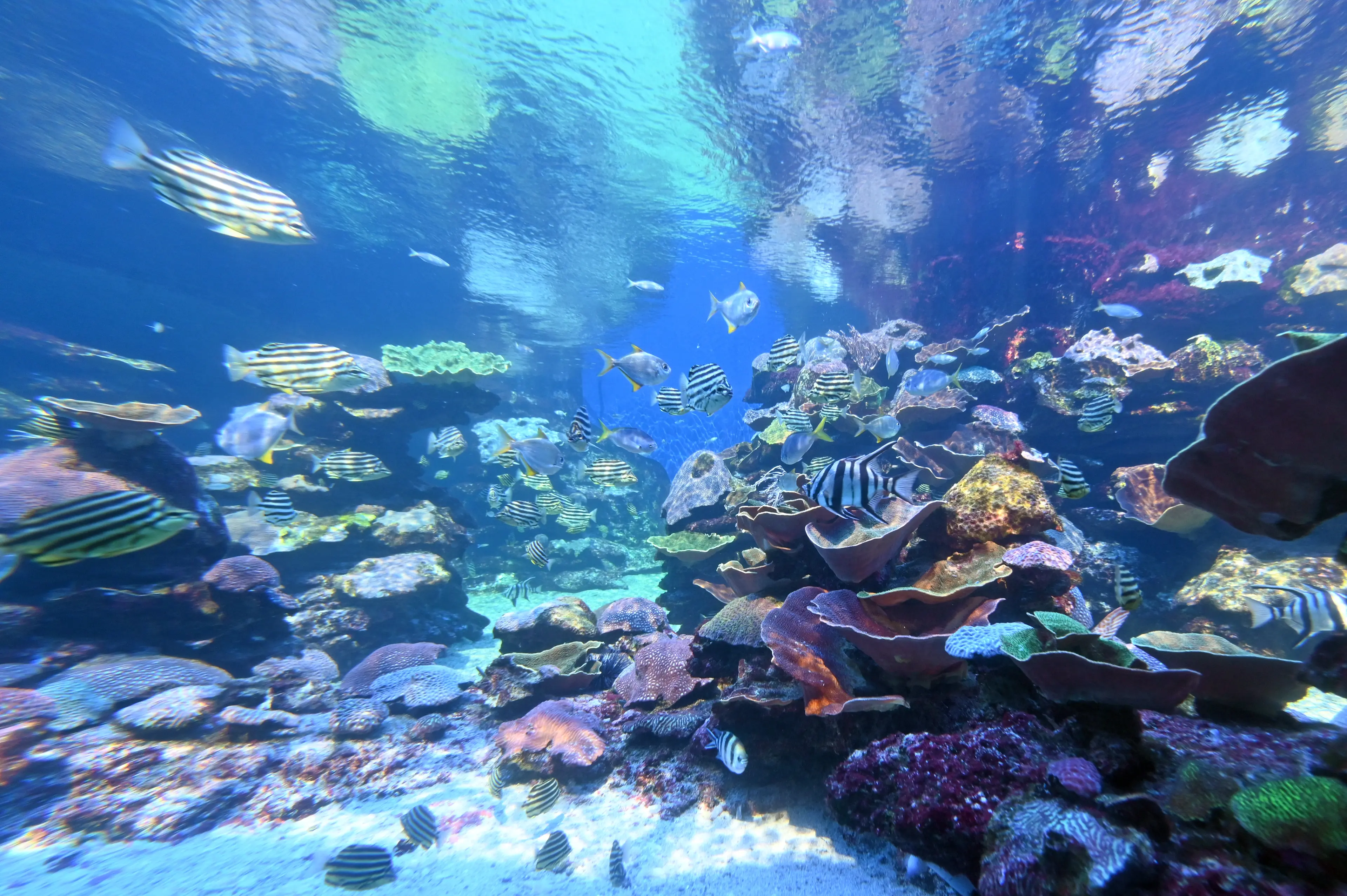
11Ningaloo Reef
A World Heritage-listed reef known for its diverse marine life and opportunities for snorkeling and diving.
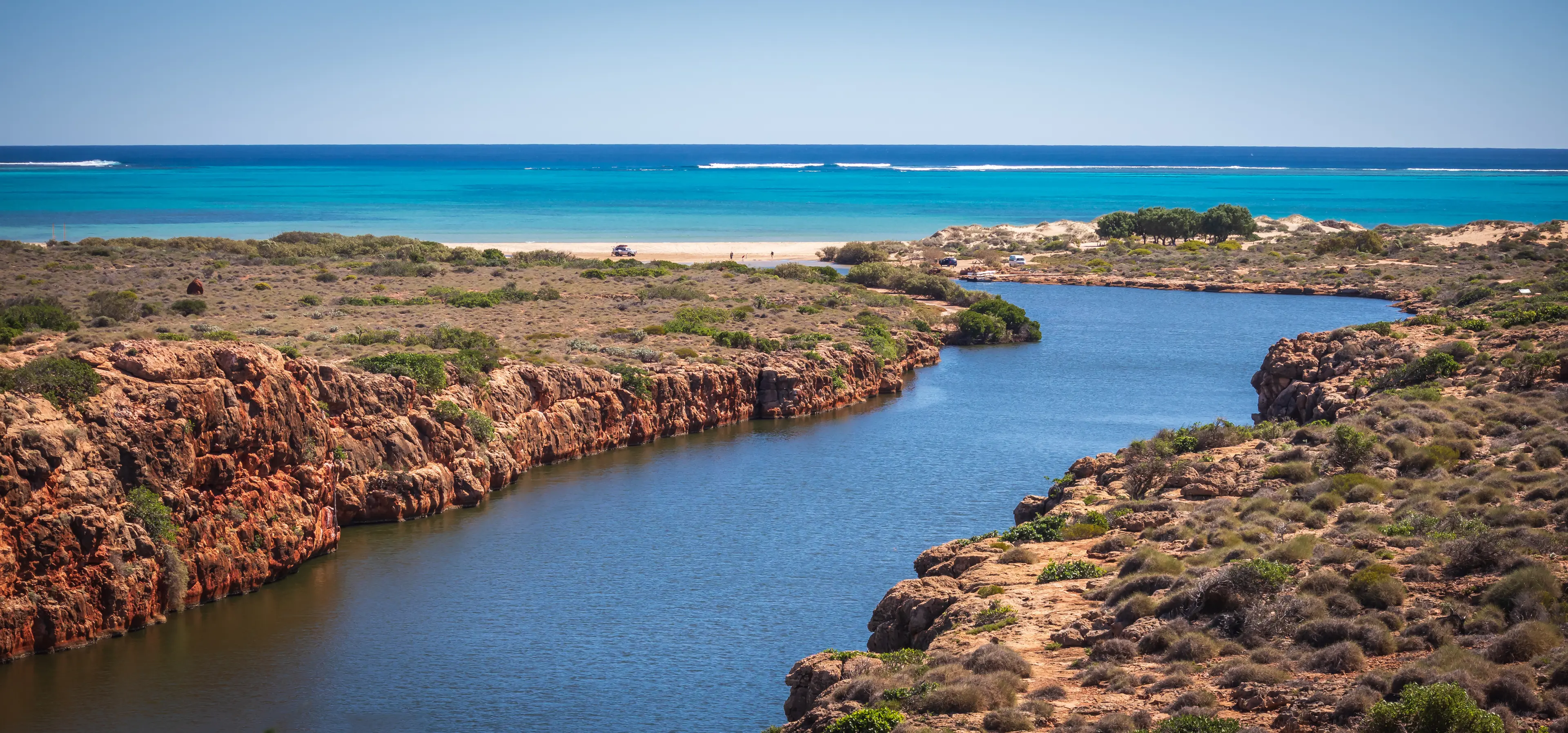
12Cape Range National Park
A national park offering rugged limestone ranges, breathtaking deep canyons and 50km of pristine beaches.
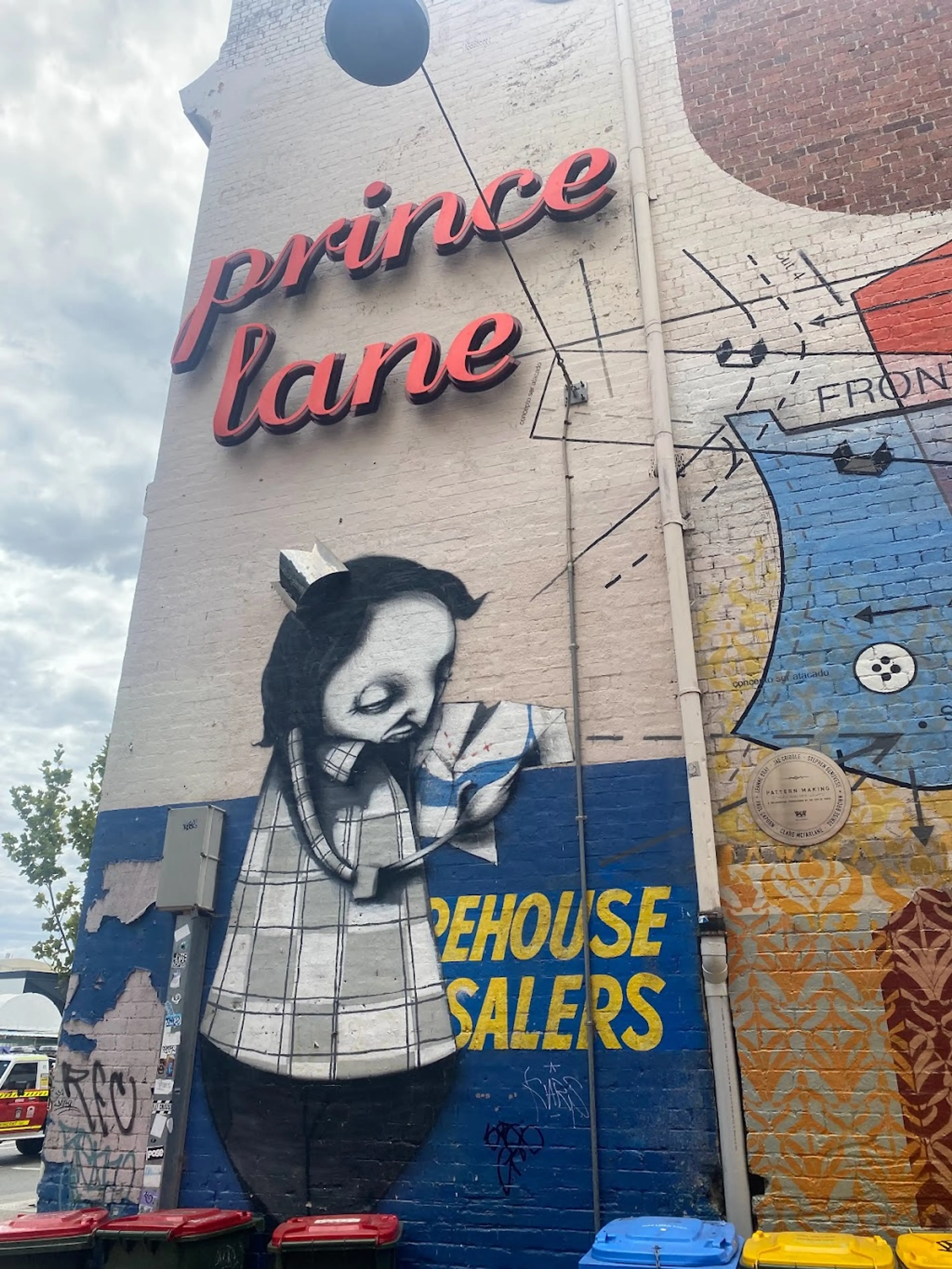
13Perth's street art scene
A vibrant and dynamic street art scene that showcases the creativity and culture of the city.
Local Food and Drinks (10)

Fish and Chips
A classic dish in Western Australia, typically made with local fish such as snapper or whiting, served with a side of chips.

Chilli Mussels
A popular dish in Western Australia, made with locally sourced mussels cooked in a spicy tomato-based sauce.

Damper
A traditional Australian bread, typically baked in the coals of a campfire, it's a staple in Western Australia's outback.

Kangaroo Meat
A unique Australian delicacy, kangaroo meat is lean and rich in protein. It's often served as steaks, in a burger, or in sausages.

Anzac Biscuits
A sweet biscuit, made from rolled oats, flour, sugar, butter, golden syrup, baking soda, boiling water, and desiccated coconut. It's a traditional recipe in Western Australia.

Crab Stick
Crab sticks, made from locally caught crabs, are a popular snack in Western Australia, often enjoyed with a side of chips.

Swan Valley Wines
Western Australia's Swan Valley is known for its high-quality wines, including Cabernet Sauvignon, Chardonnay, and Shiraz.

Pea and Ham Soup
A hearty soup made with green peas and ham, it's a common dish in Western Australia, especially during the colder months.

Lamington
A traditional Australian dessert, made from sponge cake coated in chocolate and desiccated coconut. It's a popular treat in Western Australia.

Flat White Coffee
A coffee beverage originated from Australia. It is prepared by pouring microfoam over a shot of espresso. It's a popular choice for coffee lovers in Western Australia.
Best time to visit
The best time to visit Western Australia is during the Australian spring (September to November) when the weather is mild and the wildflowers are in bloom. However, if you're interested in swimming and beach activities, the Australian summer (December to February) is ideal. The northern part of Western Australia is perfect during winter (June to August) as it's the dry season with comfortable temperatures. Always remember, Western Australia is vast and the climate can vary greatly across the region.
How to get around
Car Rental
Renting a car is a popular choice for getting around Western Australia. It offers flexibility and convenience, especially for visiting remote areas or national parks. Major international and local car rental companies operate in Western Australia.
Public Transport
Perth, the capital of Western Australia, has a comprehensive public transport system that includes buses, trains, and ferries. The Transperth network covers the city and its suburbs. Outside of Perth, regional towns and cities have local bus services.
Ridesharing
Ridesharing services like Uber and Ola are available in Perth and other major towns in Western Australia. They provide a convenient and often cheaper alternative to traditional taxis.
Cycling
Western Australia's cities and towns have extensive cycling paths, making it a viable option for short trips. Perth, in particular, has a network of bike paths and lanes throughout the city and along the Swan River.
Taxi
Taxis are widely available in Perth and other major towns in Western Australia. They can be hailed on the street, booked over the phone, or through a smartphone app.
Train
The Indian Pacific train offers a unique way to travel across Western Australia, from Perth to Sydney. There are also train services connecting Perth with regional towns like Kalgoorlie and Bunbury.
Coach
Coach services operate between Perth and regional towns, as well as between regional towns themselves. These are a comfortable and scenic way to travel longer distances.
Ferry
Ferries operate in Perth, providing a scenic way to travel between the city center and South Perth or Rottnest Island. In the Kimberley region, ferries also operate between towns along the coast.
Flight
For long distances or to reach remote areas quickly, flights are available. Regular services operate between Perth and regional airports, as well as between some regional airports themselves.
Camper Van
Renting a camper van is a popular choice for those wanting to explore Western Australia at their own pace. It provides transport and accommodation in one, and allows for a flexible itinerary.
Important information
Currency$ AUD
Time zoneUTC+10
Driving sideLeft
Emergency phone000 (112 on cell phone)
Drinking waterYes
Power sockets
Voltage230 V
Things to know about Western Australia, Australia as a first time visitor
1
Western Australia is the largest state in Australia, covering nearly one-third of the country.
2
The state capital of Western Australia is Perth, which is also the most isolated city in the world.
3
The climate varies greatly across the state, from Mediterranean in the south to tropical in the north.
4
The best time to visit Western Australia is during the spring (September to November) or autumn (March to May) when the weather is mild.
5
Summer temperatures in Western Australia can reach up to 104°F (40°C), while winter temperatures can drop to 32°F (0°C).
6
Western Australia is home to a diverse range of wildlife, including kangaroos, koalas, and a variety of bird species.
7
The state is known for its stunning natural landscapes, including pristine beaches, vast deserts, and unique rock formations.
8
Western Australia operates on Australian Western Standard Time, which is 8 hours ahead of Greenwich Mean Time (GMT+8).
9
English is the official language, but you'll also hear a variety of other languages spoken due to the state's multicultural population.
10
The Australian dollar (AUD) is the official currency. Credit cards are widely accepted, and ATMs are readily available.
11
Tipping is not customary in Australia, but it is appreciated for good service.
12
Australia has strict quarantine laws to protect its unique environment. Be sure to declare all food, plant material, and animal products on arrival.
13
Driving is on the left side of the road. International visitors may need an International Driving Permit (IDP) along with their home country's driving license.
14
Public transportation is reliable and extensive in cities, but a car is necessary for exploring more remote areas.
15
Australia has a universal healthcare system, but visitors are advised to have travel insurance as medical costs can be high.
16
The emergency services number in Australia is 000 for police, fire, and ambulance services.
17
Australia has a high standard of hygiene, and tap water is safe to drink in all cities and towns.
18
Sun protection is essential as Australia has some of the highest UV levels in the world. Always wear sunscreen, a hat, and sunglasses.
19
Western Australia is known for its wine, particularly from the Margaret River region. Drinking age is 18 years old.
20
Always respect the local culture and environment. This includes not littering, adhering to fire bans, and respecting sacred Indigenous sites.
Packing List
Clothing
Underwear
Socks
T-shirts
Long-sleeve shirts
Shorts
Jeans or trousers
Swimwear
Sleepwear
Lightweight jacket
Rain jacket
Hiking shoes
Sandals or flip-flops
Hat or cap
Sunglasses
Scarf or bandana
Toiletries
Toothbrush and toothpaste
Shampoo and conditioner
Body wash or soap
Deodorant
Razor and shaving cream
Sunscreen
Insect repellent
First-aid kit
Prescription medications
Contact lenses and solution
Feminine hygiene products
Travel documents and essentials
Passport
Driver's license or ID card
Credit and debit cards
Cash in local currency
Travel insurance documents
Hotel and car rental reservations
Emergency contacts and addresses
Maps and guidebooks
Electronics and gadgets
Smartphone
Charger and adapter
Headphones
Laptop or tablet
Camera and memory cards
Portable power bank
Travel alarm clock
Miscellaneous items
Travel pillow and blanket
Earplugs and eye mask
Water bottle
Snacks
Books or e-books
Travel-size laundry detergent
Plastic bags for dirty clothes
Umbrella
Travel lock
Pen and notebook
Weather Conditions
Western Australia is a vast region with a diverse climate, so it's important to plan your trip according to the weather conditions. In the northern part of Western Australia, you'll find a tropical climate with a wet and dry season. The wet season, from November to April, can be quite hot and humid with temperatures often reaching 35°C (95°F), and it's also when the region experiences heavy rainfall and occasional tropical cyclones. If you're planning to visit during this time, be prepared for sudden weather changes and check the weather forecast regularly. The dry season, from May to October, is more comfortable with temperatures around 30°C (86°F). This is the best time to visit the northern part of Western Australia, as you'll be able to explore the stunning landscapes without worrying about the rain. In the southern part of Western Australia, the climate is Mediterranean with hot, dry summers and mild, wet winters. Summers, from December to February, can be quite hot with temperatures often exceeding 30°C (86°F), so make sure to stay hydrated and protect yourself from the sun. Winters, from June to August, are mild with temperatures usually ranging between 12°C (54°F) and 20°C (68°F), but it's also the time when the region receives most of its rainfall. If you're planning to visit during this time, don't forget to pack a raincoat or an umbrella. The coastal areas of Western Australia are known for their strong winds, especially in the afternoon. These winds, known as the "Fremantle Doctor", can be quite refreshing during the hot summer months, but they can also make the sea rough, so be cautious if you're planning to go swimming or boating. Finally, remember that the Australian sun can be quite harsh, especially in the middle of the day. Always wear sunscreen, a hat, and sunglasses, and try to stay in the shade during the hottest part of the day. Enjoy your trip to Western Australia and stay safe!
| Month | Hi / Lo (°C) | Weather Overview |
|---|---|---|
January | 42° / 17° | January is the hottest month in Western Australia, with temperatures often reaching 42°C. It's a great time for beach activities, but be prepared for the heat. |
February | 40° / 17° | February is still quite hot, with temperatures slightly lower than January. It's a good time for water sports and exploring the coastline. |
March | 38° / 15° | March sees a slight drop in temperature, making it more comfortable for outdoor activities. It's a great time to visit the national parks. |
April | 35° / 13° | April is the start of autumn in Western Australia, with cooler temperatures. It's a good time for hiking and wildlife spotting. |
May | 30° / 10° | May is a pleasant month with mild temperatures. It's a great time for exploring the city and countryside. |
June | 28° / 8° | June is the start of winter in Western Australia, with cooler temperatures. It's a good time for indoor activities and visiting museums. |
July | 27° / 7° | July is the coldest month in Western Australia, but temperatures are still mild. It's a good time for whale watching along the coast. |
August | 28° / 8° | August is still quite cool, but temperatures start to rise towards the end of the month. It's a good time for wildflower spotting in the countryside. |
September | 30° / 9° | September is the start of spring in Western Australia, with warmer temperatures. It's a great time for outdoor activities and exploring the coastline. |
October | 33° / 11° | October is a pleasant month with mild temperatures. It's a great time for beach activities and water sports. |
November | 36° / 14° | November sees a rise in temperature, making it a good time for outdoor activities. It's a great time to visit the national parks. |
December | 39° / 16° | December is the start of summer in Western Australia, with hot temperatures. It's a good time for beach activities, but be prepared for the heat. |
Did you know?
Places near by Western Australia, Australia

Rottnest Island
A beautiful island with stunning beaches and wildlife, including the famous quokkas.

Margaret River
Famous for its craft breweries, boutiques and surrounding wineries.

Albany
Known for its beautiful coastline, history, and the ANZAC Centre.

Esperance
Famous for its turquoise waters and white sandy beaches.

Adelaide
A cosmopolitan city known for its food and wine, festivals, and sporting events.

Melbourne
Known for its vibrant arts scene, world-class dining, and amazing coffee.

Sydney
Australia's largest city, known for its harbourfront Sydney Opera House.

Brisbane
Known for its youthful zeal, charming vibe, and 280 days of sun a year.

Darwin
Known for its amazing national parks and multicultural mix of Southeast Asian and Aboriginal cultures.

Hobart
Known for its well-preserved colonial architecture and cool-climate wines.

